Argentina's debt default: why does it matter?
Described as a battle between 'vultures' and the people, Argentina's debt default could have serious consequences
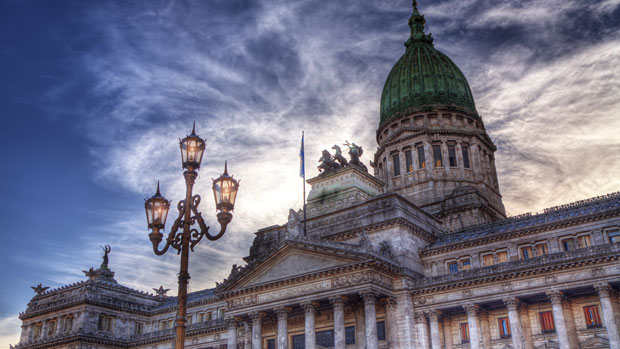
A free daily email with the biggest news stories of the day – and the best features from TheWeek.com
You are now subscribed
Your newsletter sign-up was successful
Argentina has officially defaulted on its sovereign debt, following the failure of last-minute talks with private bond-holders in New York. The country owes $1.3bn to a group of investors and missed yesterday's deadline to pay, after they rejected the country's latest offer in negotiations.
The country's second default in less than two decades could have wider consequences for markets, investors and the people of Argentina.
How and why has Argentina defaulted on its debt?
The Week
Escape your echo chamber. Get the facts behind the news, plus analysis from multiple perspectives.

Sign up for The Week's Free Newsletters
From our morning news briefing to a weekly Good News Newsletter, get the best of The Week delivered directly to your inbox.
From our morning news briefing to a weekly Good News Newsletter, get the best of The Week delivered directly to your inbox.
Argentina's current financial crisis stems from 2001 when Argentina first defaulted on $100bn worth of debt, the largest-ever sovereign default at the time. Private investors then bought large amounts of this debt at a low price.
Argentina then began a process of debt restructuring in an attempt to reduce the amount it owed through renegotiation. However, only 93 per cent of the creditors agreed to the restructuring, with the remaining seven per cent becoming "hold-out" bondholders.
Last month, a US judge ruled that if does not pay these "hold-outs" it cannot make any further payments to the restructured bondholders, explains CNN Money.
The hedge funds that own the debt have demanded interest payments from Argentina, despite buying them "at less than face value", says the BBC.
A free daily email with the biggest news stories of the day – and the best features from TheWeek.com
After defying the "hold-outs" for years, paying them now "could undermine the standing of the Argentinean president Cristina Fernandez de Kirchner", the New York Times reports.
Why does it matter?
President Kirchner has called these bond-holders "vultures", accusing them of capitalising on her country's debt problem. This ongoing crisis is viewed as a battle between these "vultures" and the people of Argentina.
"At the heart of this is a feeling that Argentina has been treated badly by the international financial system," says the BBC's South America business reporter, Kate Watson. The country's finance minister, Axel Kicillof has made the point "that the vultures always win and the people lose".
What happens next?
"The full consequences of a default are not predictable, but they certainly are not positive", Daniel Pollack, the court-appointed mediator between Argentina and the bondholders, tells the BBC.
Defaulting "should free up cash resources to serve other immediate financial liabilities" says Emiliano Surballe, a fixed income analyst at the Swiss private bank Julius Baer. "However, it would completely shut down access to foreign funding," he tells The Guardian.
The cost of borrowing is now "likely to rise to punishing levels for state institutions and the private sector", the Financial Times reports.
CNN Money predicts that Argentina could also be forced to devalue its currency, which could set off another increase in inflation, already predicted to reach 40 per cent.
In 2002, dozen were killed in riots in response to the economic crisis and the country's default. The events ultimately led to the resignation of the country's president, Fernando de la Rua. With the implications of this latest default, "social unrest is a possibility", says Carlos Caicedo, senior analyst for Latin America at IHS.
-
 Film reviews: ‘Wuthering Heights,’ ‘Good Luck, Have Fun, Don’t Die,’ and ‘Sirat’
Film reviews: ‘Wuthering Heights,’ ‘Good Luck, Have Fun, Don’t Die,’ and ‘Sirat’Feature An inconvenient love torments a would-be couple, a gonzo time traveler seeks to save humanity from AI, and a father’s desperate search goes deeply sideways
-
 Political cartoons for February 16
Political cartoons for February 16Cartoons Monday’s political cartoons include President's Day, a valentine from the Epstein files, and more
-
 Regent Hong Kong: a tranquil haven with a prime waterfront spot
Regent Hong Kong: a tranquil haven with a prime waterfront spotThe Week Recommends The trendy hotel recently underwent an extensive two-year revamp
-
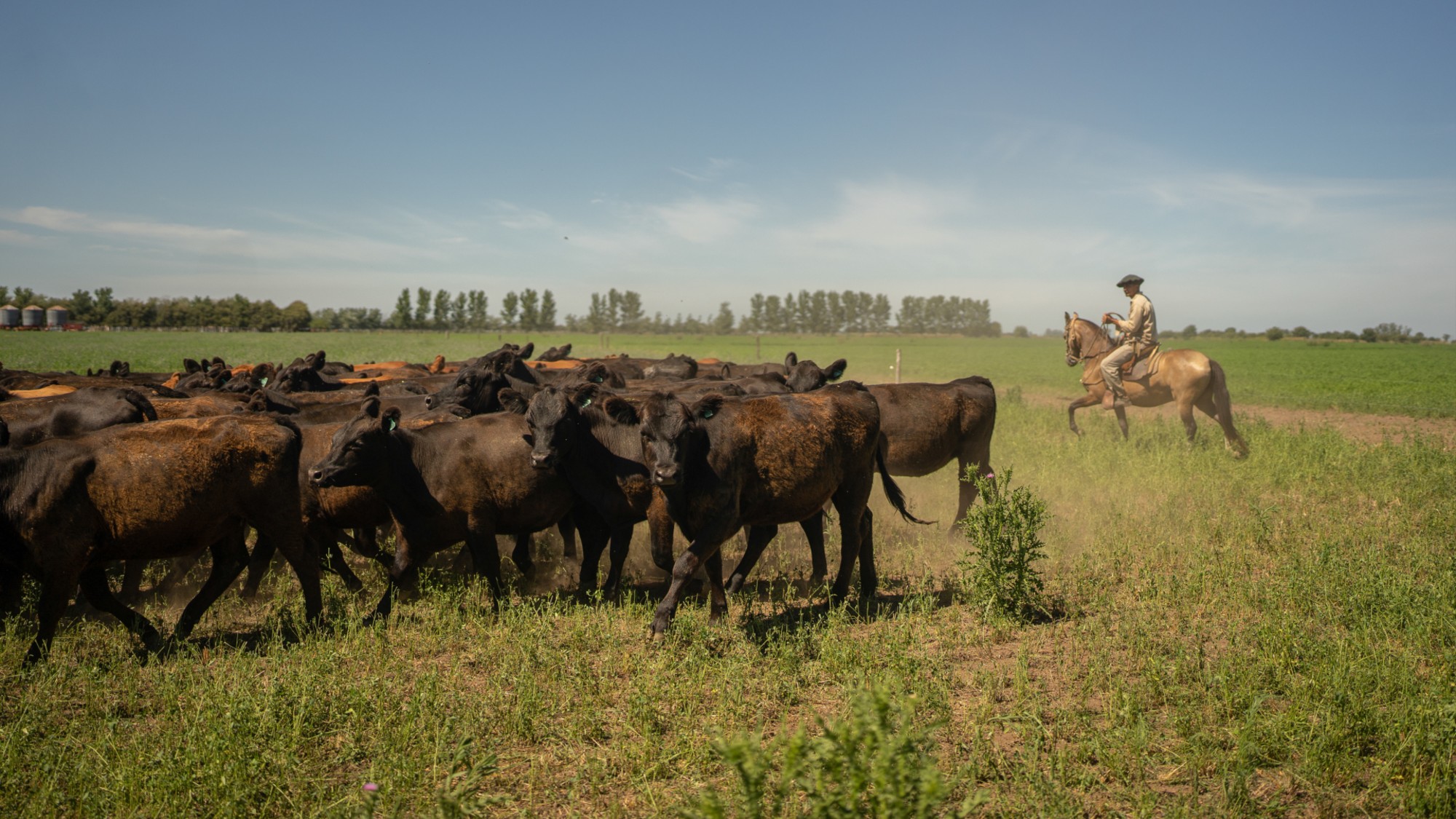 Argentinian beef is at the center of American farmers’ woes
Argentinian beef is at the center of American farmers’ woesThe Explainer ‘It feels like a slap in the face to rural America,’ said one farmer
-
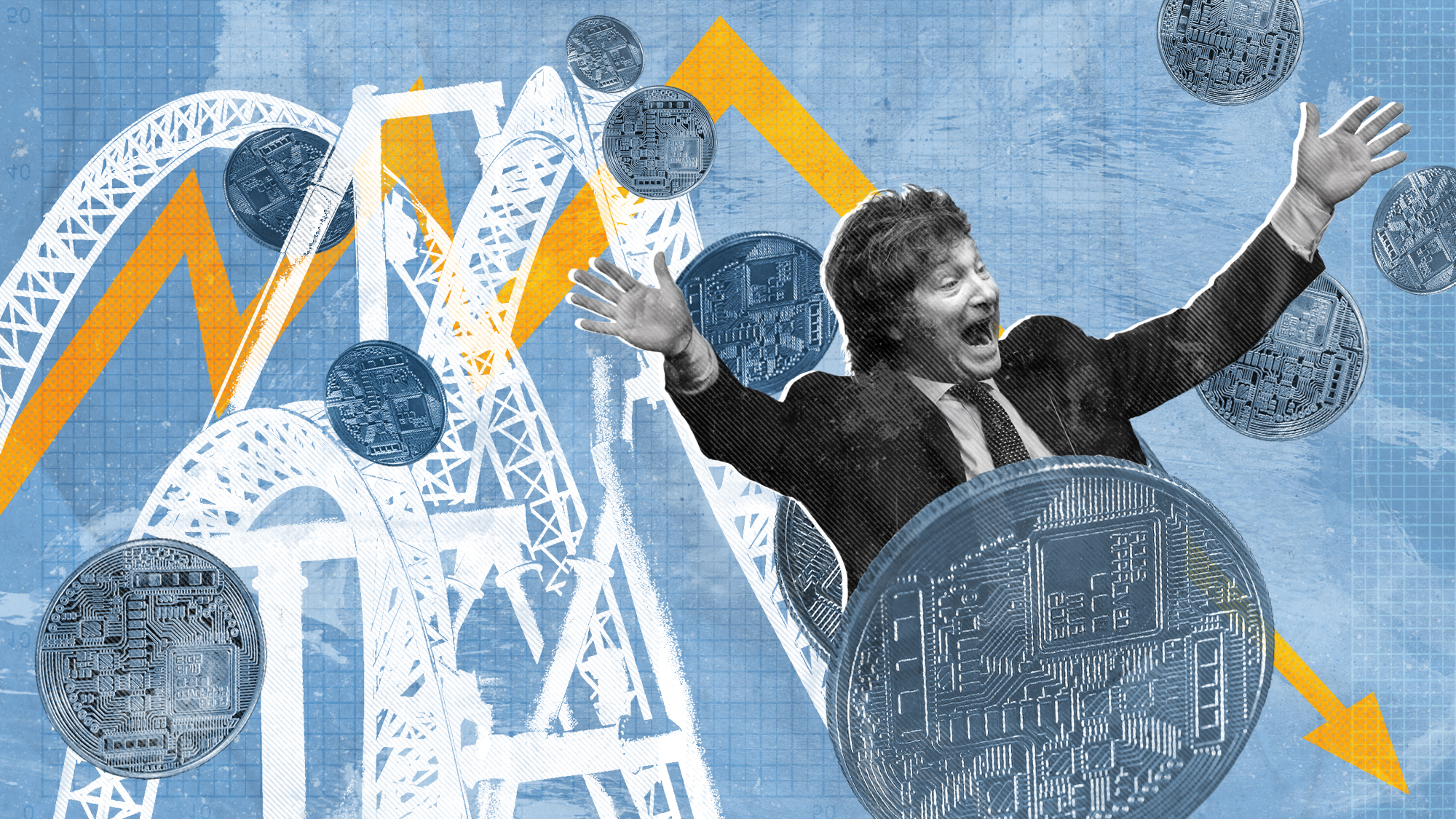 Javier Milei's memecoin scandal
Javier Milei's memecoin scandalUnder The Radar Argentinian president is facing impeachment calls and fraud accusations
-
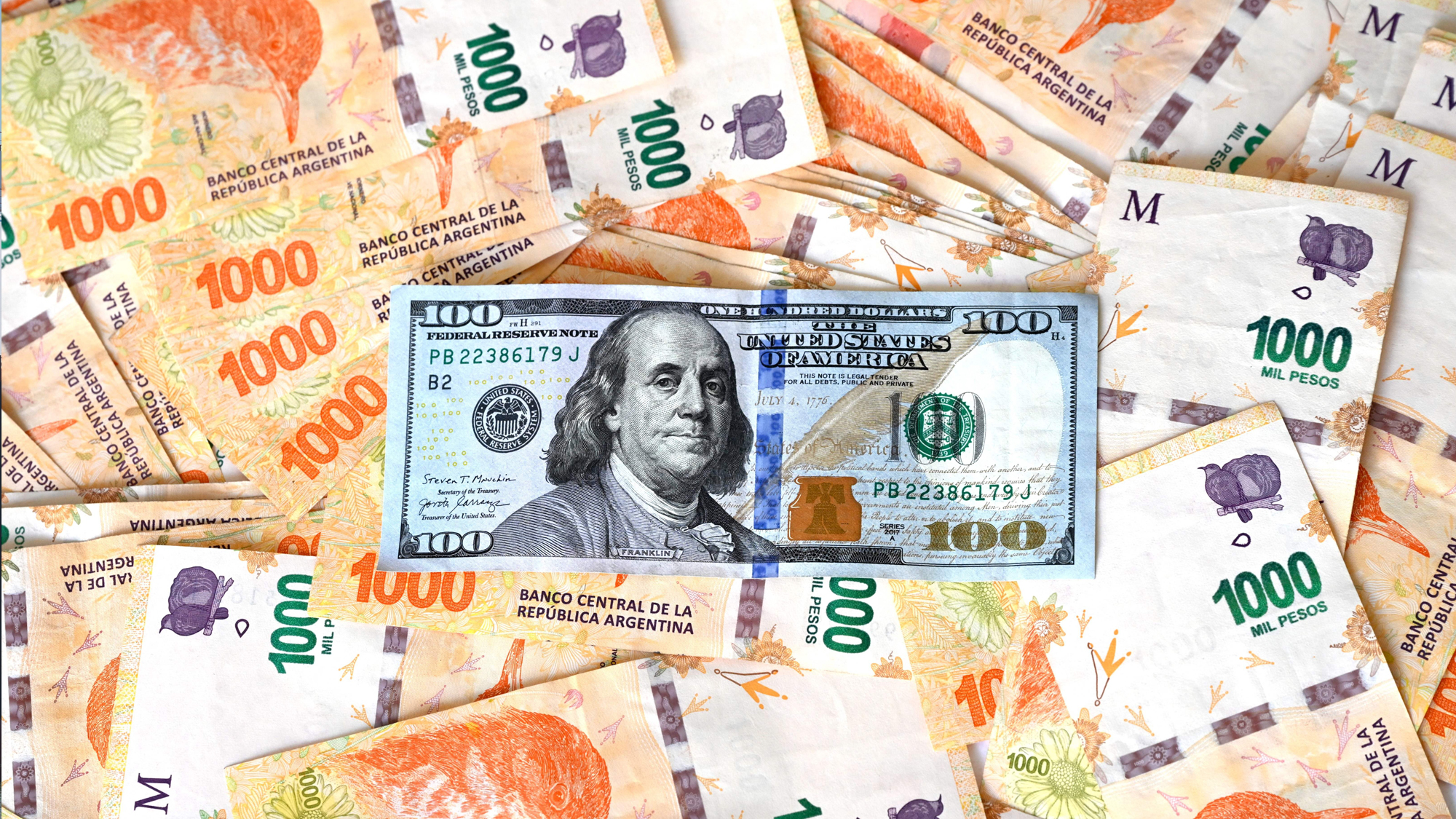 Currency: the long reign of the mighty dollar
Currency: the long reign of the mighty dollarFeature Argentina is planning to drop the peso in favor of the US dollar
-
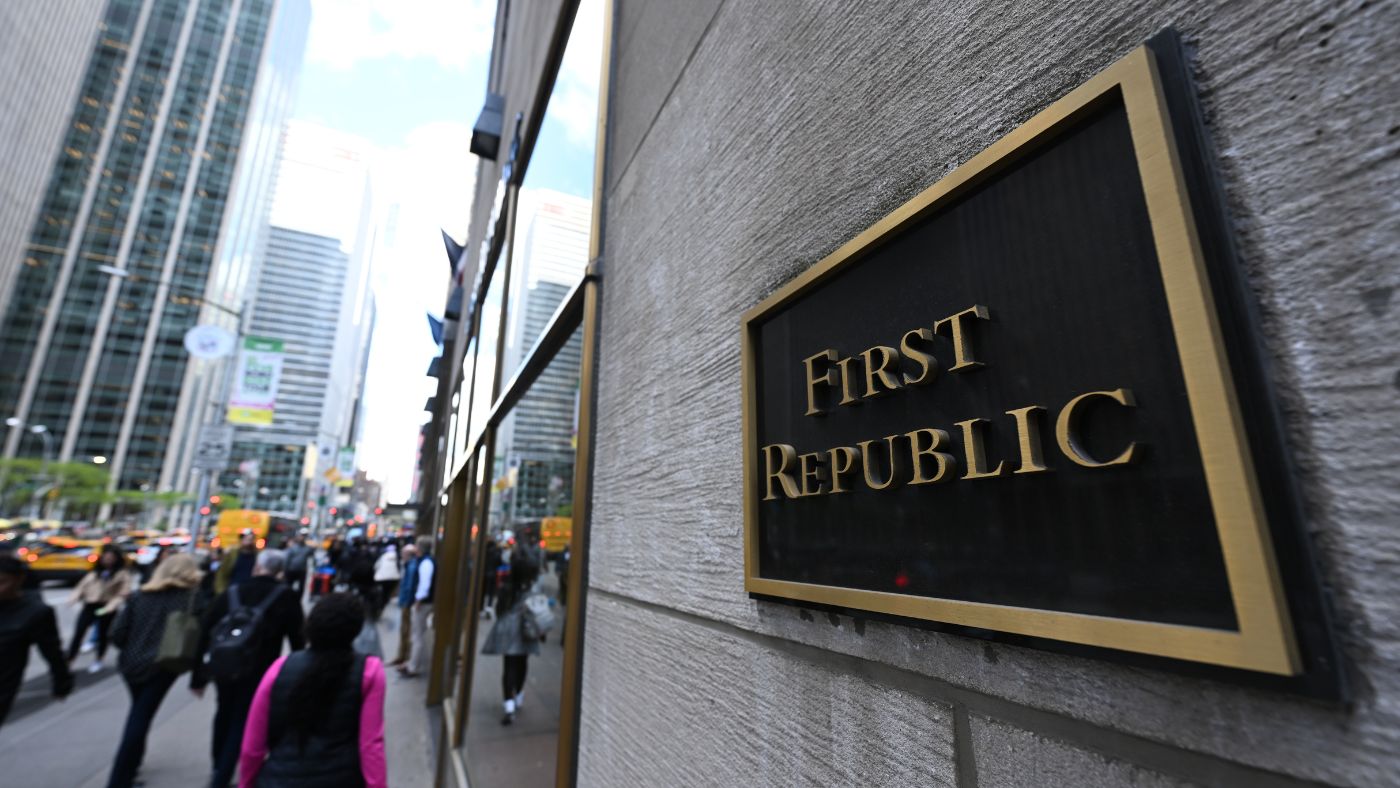 First Republic: will UK banks survive unscathed?
First Republic: will UK banks survive unscathed?Under the Radar US shares dip after collapse of third regional bank, but experts say contagion to the UK is unlikely
-
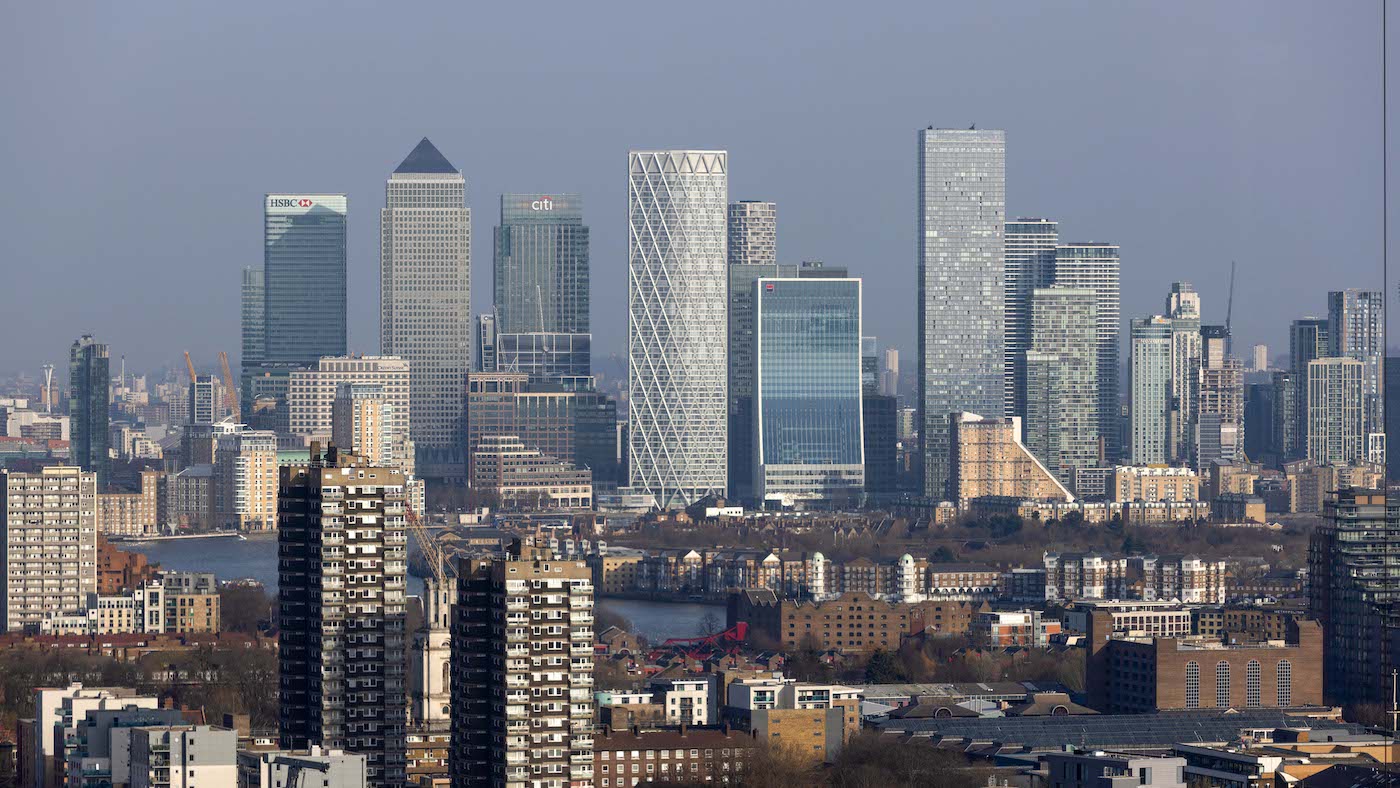 Should the UK relax bank ring-fencing rules?
Should the UK relax bank ring-fencing rules?Talking Point Treasury minister said he hopes to ‘boost competitiveness’ in the City with easing of regulations
-
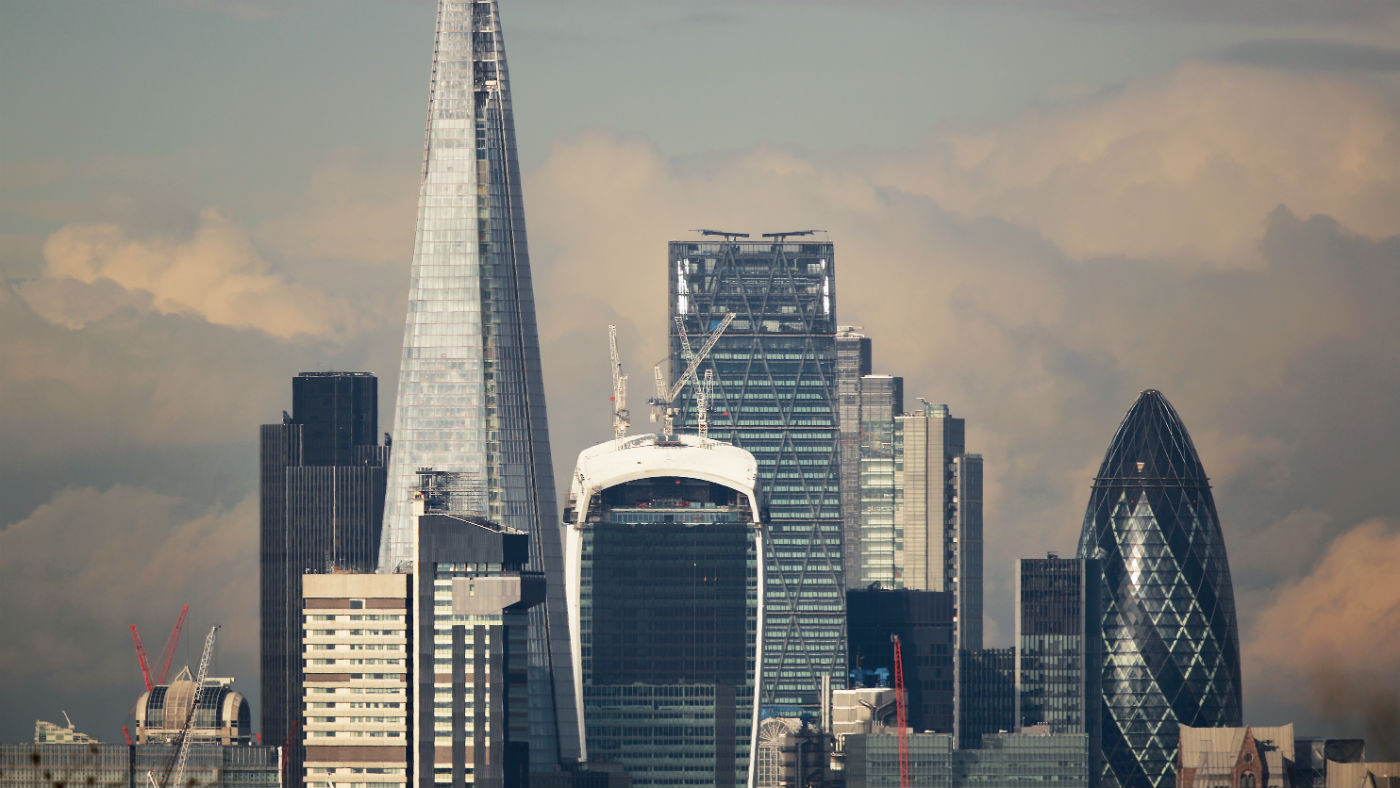 Should caps on bankers’ bonuses be scrapped?
Should caps on bankers’ bonuses be scrapped?Talking Point New chancellor Kwasi Kwarteng believed to be planning contentious move to ‘boost the City’
-
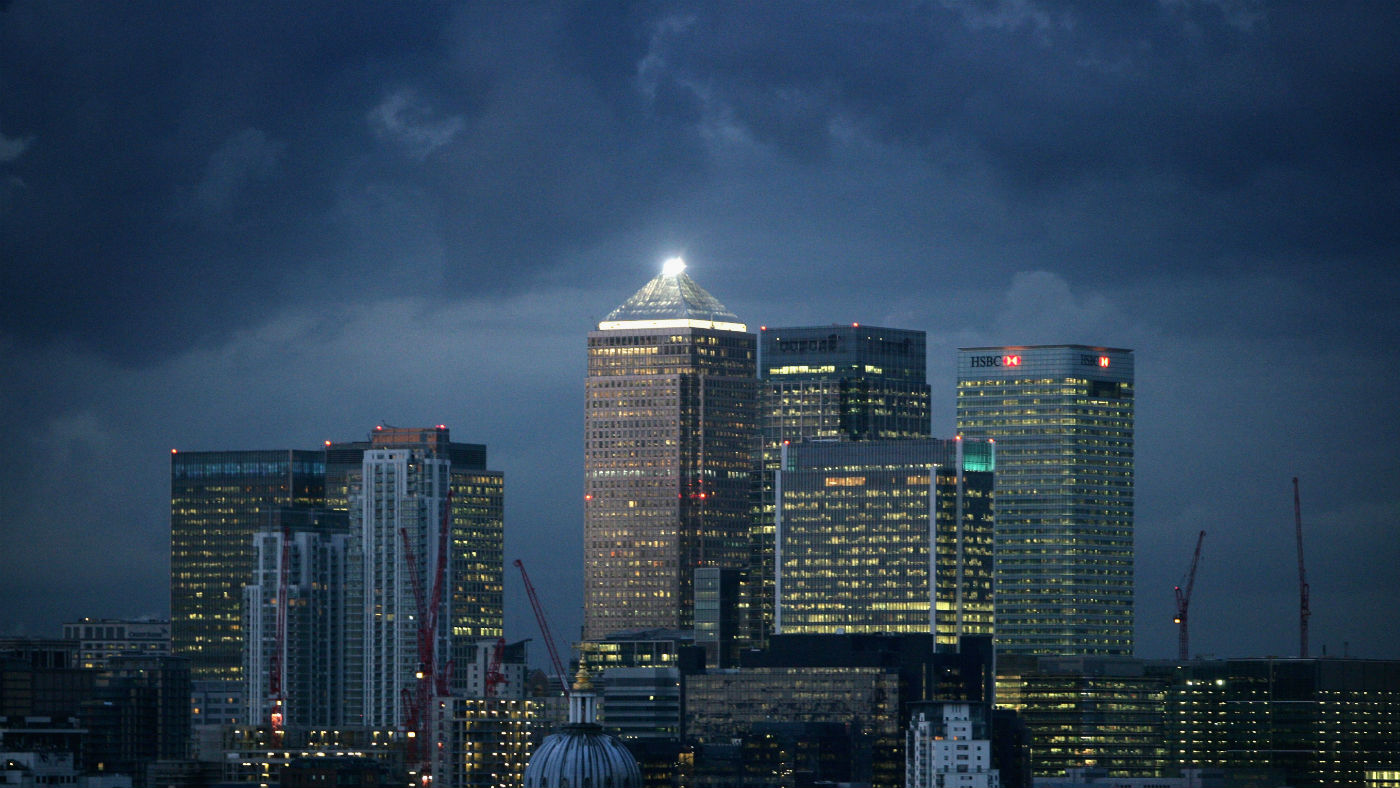 Could junk debt lead to a new subprime-style meltdown?
Could junk debt lead to a new subprime-style meltdown?Speed Read Bank of England sparks concern among central banks after revealing the size of the global risky loan market
-
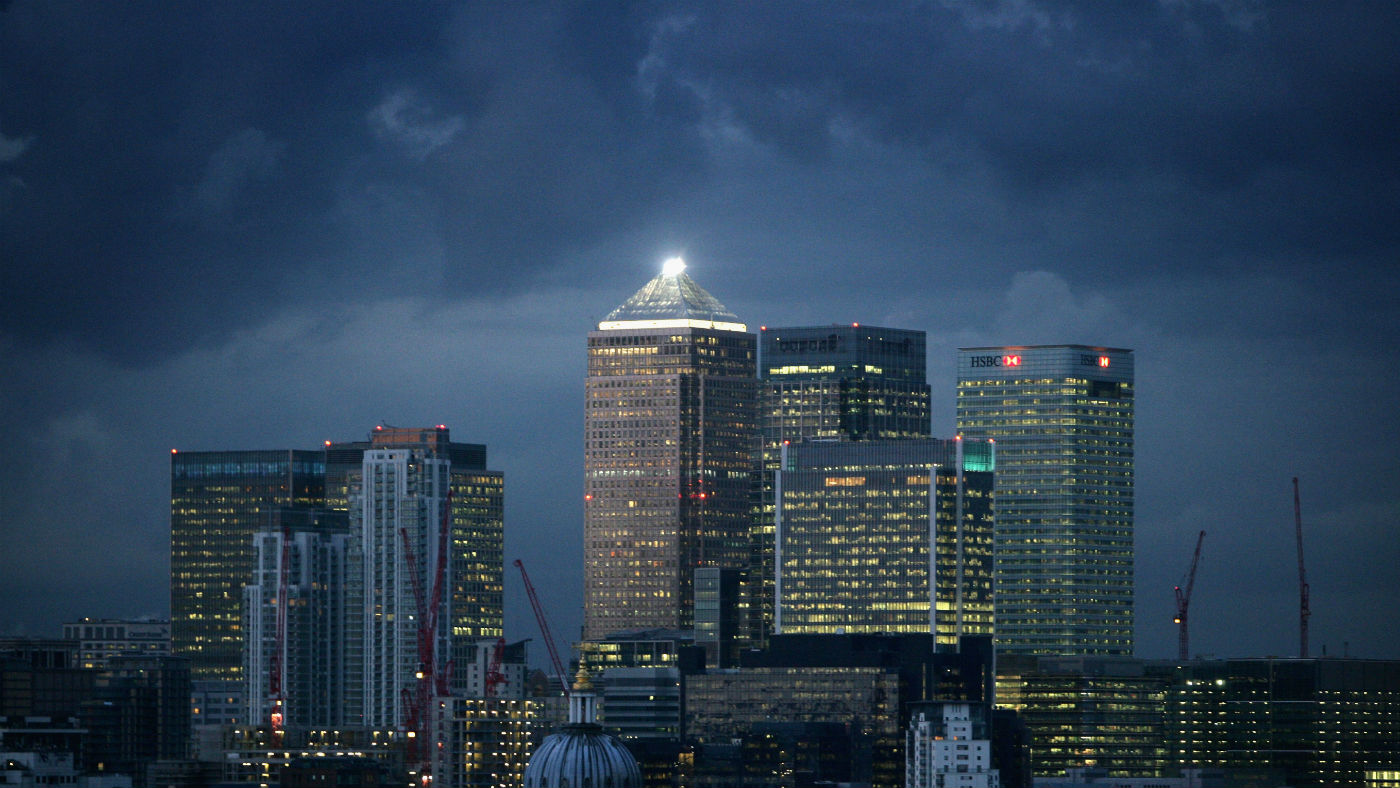 UK economy ‘heading for worst year since financial crisis’
UK economy ‘heading for worst year since financial crisis’Speed Read Economists downgrade GDP growth forecasts due to Brexit uncertainty and sluggish consumer purchasing power